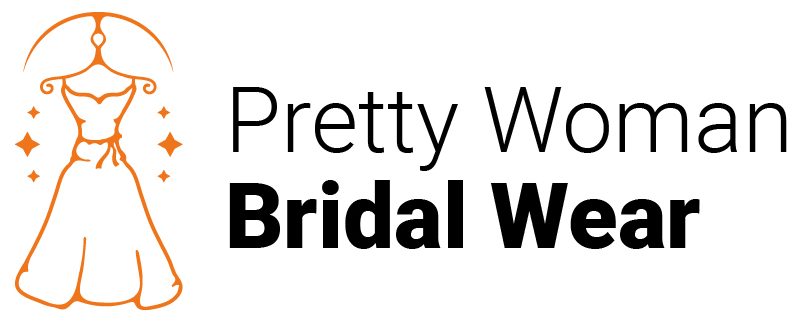Smith wants to stop wedding website services for same-sex couples planning to tie the knot. Smith is also planning to post on her 303 Creative website that God prompted her to create wedding websites that are only intended for couples of mixed sex to help promote “God’s true story of marriage.”
This could be a violation of this law. Colorado Anti-Discrimination Act is a law of the state that safeguards against discrimination due to sexual orientation in establishments that provide goods and services to the public.
Smith says the law violates Smith’s First Amendment free speech rights. State law in Colorado does not agree. The U.S. 10th Circuit Court of Appeals also agreed with Colorado on July 20, 2021.
During the Dec. 5 hearing on Dec. 5, Supreme Court justices posed questions that provided some insight into what they believe to be legally pertinent. The conservative judges of the court, who comprise a majority of the bench, seemed to agree with Smith’s arguments.
As a scholar who pays attention to the Supreme Court’s freedom of expression and LGBTQ civil rights rulings, I am convinced this case will be a major influence on the way federal courts deal with issues where freedom of speech rights seem to conflict with anti-discrimination laws later in the future.
Three main recurring themes that were resonating throughout the case’s time before the judge:
Is this a premature case?
The first question during oral arguments was from Justice Clarence Thomas, who sought Smith’s attorney, Kristen Waggoner, to discuss whether or not this case was ready for trial. According to law, the term “ripe” refers to a case that is “ripe” when it is prepared for test.
This is especially relevant due to the fact that Smith is not yet offering wedding sites, and there are no charges filed against her under the law against discrimination in Colorado.
In reality, Smith is seeking a pre-enforcement order from the court stating that it is an infraction of the First Amendment for Colorado to oblige her to provide wedding websites to couples of the same gender should she be required to provide wedding websites for mixed-sex couples.
This particular aspect causes some issues for justices as courts usually depend on specific factual facts of a dispute to make a final decision. In this case, there aren’t any actual wedding websites created by Smith for the court to examine.
However, Smith provided a mock-up of a wedding site sample. Some justices felt that the website didn’t contain enough details.
Justice Elana Kagan, for example, had asked her a series of scenarios regarding the specific information that could be included on a wedding site; she suggested her decision in a case similar to Smith’s could change based on the specifics.
Suppose the justices find that they do not have sufficient information on Smith’s web design offerings. In that case, the judges may not decide against her, still allowing the possibility of them choosing to support her in the future.



